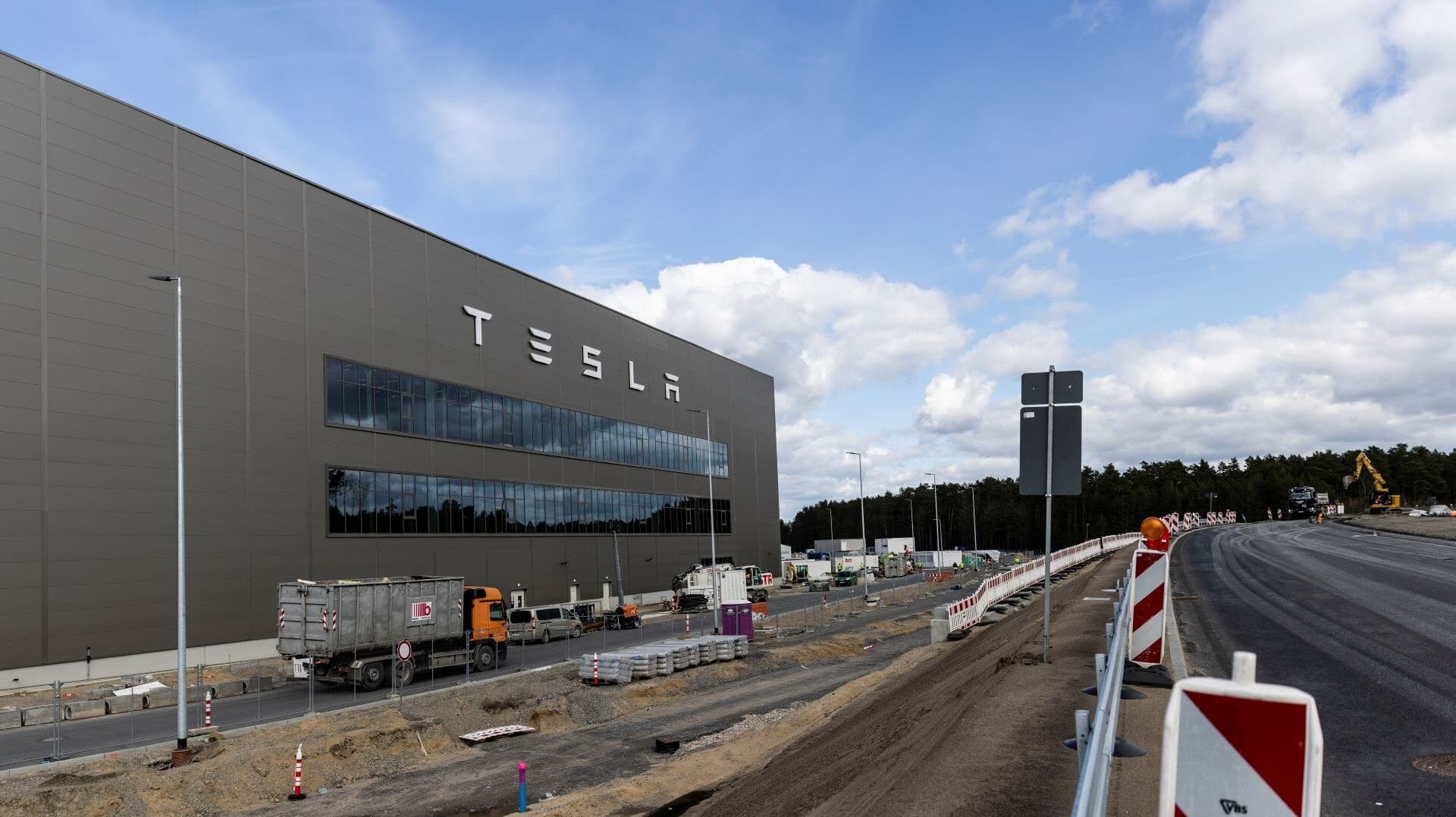
500,000 trees removed in 3 years for Tesla's Gigafactory construction
What's the story
The construction of Tesla's Gigafactory near Berlin has led to the removal of approximately 500,000 trees.
This is as per a satellite-based analysis done by Kayrros, an environmental intelligence company.
The firm's data shows that between March 2020 and May 2023, a total area of 813 acres was cleared at the site, equivalent to felling nearly half a million trees.
The project has been met with significant controversy and protests from climate activists due to its environmental impact.
Protests
Protest against Tesla's environmental impact
Protesters have occupied tree houses in a nearby camp and even attempted to breach the factory site.
One group managed to halt production for several days in March by setting an electricity pylon on fire.
Elon Musk, Tesla's CEO, has criticized local authorities for not taking action against these "leftwing protesters."
Criticism
Activists highlight Tesla's role in environmental destruction
Karolina Drzewo, a representative from the campaign alliance Turn Off Tesla's Tap, has criticized the company for causing both local and global environmental damage.
She stated that "In one of the driest regions in Germany, too much of the environment has already been destroyed."
Drzewo emphasized that further expansion could lead to more forest destruction and pose a threat to protected drinking water areas.
Analysis
Analyst weighs in on environmental trade-off
Antoine Halff, the chief analyst at Kayrros, acknowledged that the construction of Tesla's factory has resulted in significant tree loss.
However, he also highlighted the potential benefits of transitioning from internal combustion engine cars to electric vehicles (EVs).
Halff estimated that the felled trees represented about 13,000 tons of CO2 — equivalent to annual emissions from 2,800 average US cars with internal combustion engines.
Expansion
Tesla's expansion plan and environmental incidents
In July, Brandenburg state's environment ministry approved a plan to double the Gigafactory's production capacity to one million cars annually.
The site has also been linked with several environmental incidents including leaks or spills of diesel fuel, paint, and aluminum.
Tesla acknowledged these incidents but denied causing any environmental damage. The company assured that necessary corrective measures were implemented when required.